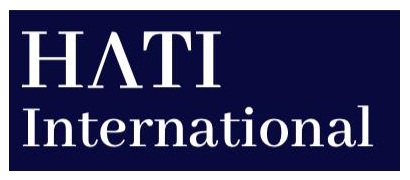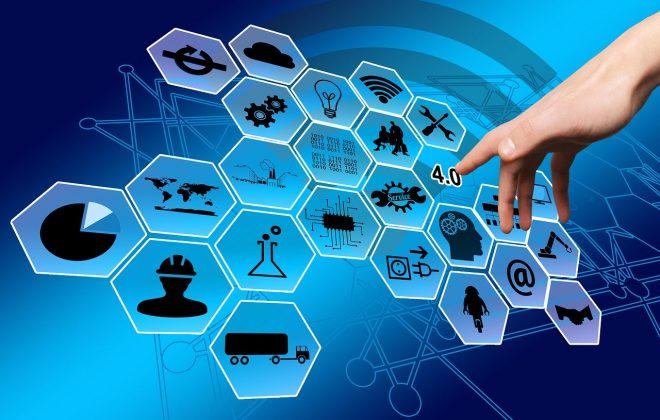The Growing Popularity of Blockchain in Healthcare – Here is What You Should Know
The rise of blockchain beyond the confines of Bitcoin and its entry into the healthcare industry is extremely exciting for someone like me, deeply interested in healthcare technology. Blockchain is a distributed system that records and stores transaction data, and these records are indisputable and easily shared. It relies on traditional cryptography, which enables each person within the network to view, exchange, and store information. Given the ability to access and use the information, there is no need for the basis of trust between parties since there is an immutable trail of all interactions and usage by all parties.
My interest lies in explaining how blockchain technology can benefit the healthcare industry.
Blockchain Weaving its way into Healthcare
I believe that now and in the future blockchain will have widespread implications for those operating within the healthcare system. For one, the exchange of health information is likely to unlock the true potential and value of interoperability – which as per Wikipedia “is a characteristic of a product or system, whose interfaces are completely understood, to work with other products or systems, at present or future, in either implementation or access, without any restrictions”. Blockchain, thus, has a huge scope of reducing or even eliminating the cost of agents / liaisons / mediators.
With the elimination of superfluous entities, blockchain has the potential to integrate currently fragmented systems, to bring out the true value of healthcare. In the future, I anticipate that blockchain used across the country for electronic medical records, would help to improve care and service provided to patients, while enhancing the efficiency of systems and use of crucial data.
Blockchain is set to transform and uplift healthcare where the care of patients would be on a pedestal and at the centre of everything within the healthcare systems. This, in turn, would bring in the newfound respect for security and privacy of the medical records and data. With medical records remaining secure and no requirement of intermediaries, the exchange of healthcare information would become a lot easier, efficient, and quicker. I do not mean to indicate that blockchain is the solution or cure-all, but it certainly holds the potential for new realms of experimentation and testing for proof of concept.
Revolutionizing Healthcare
While blockchain has the potential to take several industries by storm, I believe it shows signs of being able to revolutionize the healthcare industry, even as the industry moves forward. It has the ability to remove inaccuracies and other potential glitches in the exchange of medical information. In addition, it has an in-built capability to protect the identity of patients through cryptographic security levels.
- Data security and integrity enhancement leading to access better historical and real-time patient information, thereby reducing cost of data reconciliation, errors due to manual entry, misuse of patient data, and other such benefits.
- Research and studies show that among data breaches, 30% were from healthcare, and of these at least 41% breaches were the job of someone within the system, while 53% of the data compromise occurred due to system hacking. These statistics are scary and pose a major challenge for the emerging IoMT – the Internet of Medical Things. According to studies, globally there would be at least 20-30 billion IoMT devices by the year 2020, and unless something was done to squash the cybersecurity challenges, we would all be at high risk. Blockchain solutions could be the answer – owing to its security, privacy, and reliability – so essential to the case of IoMT
- The problem of counterfeit and spurious drugs can be solved through blockchain too. A report by the WHO shows that at 30% drugs are bogus, and this figure could grow, which is a cause for extreme concern and requires an immediate solution. A blockchain-powered system would make it possible to track the entire supply chain even down to individual products. It would be possible to establish the source of the drugs by functionalities such as smart contracts, acting as proof of ownership. Drug development and pharmaceutical companies would benefit from this system too.
- It would be possible to report and support all clinical trials (research shows that at least 50% of such trials are still unreported), thereby reducing the issues around patient safety and closing gaps between policymakers and other healthcare stakeholders. Through blockchain solutions, all the data and information would be indisputable and would have a time stamp, which would reduce data misuse and misappropriation.
As someone from the healthcare industry, I believe that it is the onus of us all to find the best use of blockchain, in IoMT in order to gain from its matchless and unique strengths. Blockchain is set to transform the future of the healthcare industry – of this I have no doubt, but it is still in a developmental stage. It may take years and several ‘versions’ for blockchain to become the global and indispensable basis of the value chain of healthcare. I do think that within a span of 10 years, this ripple of change will soon encompass all of the digital aspects of healthcare, and those who wait to embrace it, will most certainly lose.




